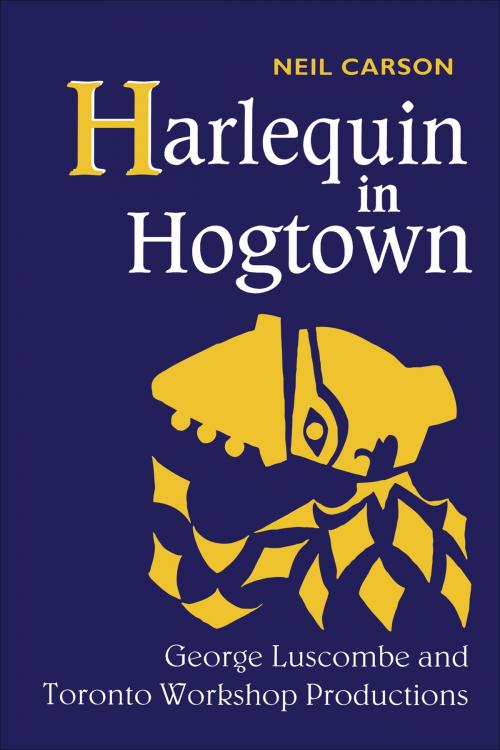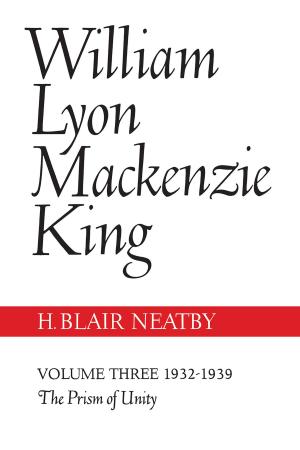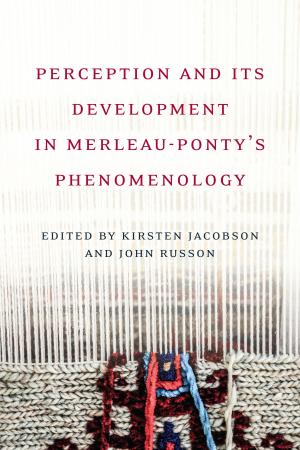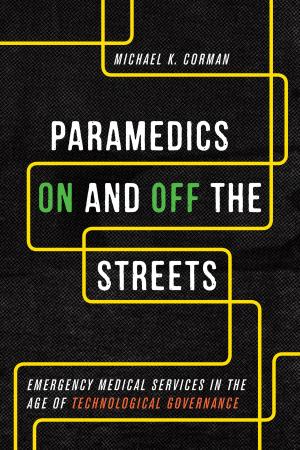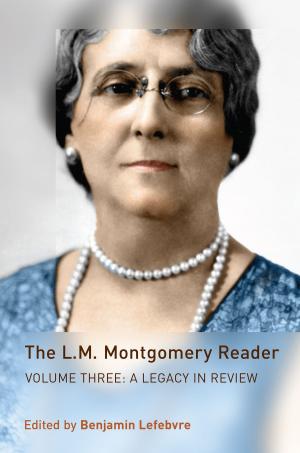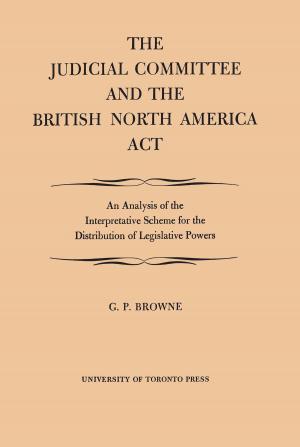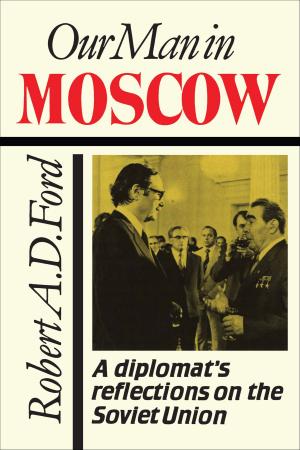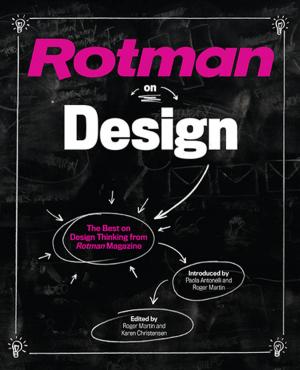Harlequin in Hogtown
George Luscombe and Toronto Workshop Productions
Nonfiction, Entertainment, Performing Arts, Theatre, History & Criticism, Fiction & Literature, Drama| Author: | Neil Carson | ISBN: | 9781487596460 |
| Publisher: | University of Toronto Press, Scholarly Publishing Division | Publication: | January 1, 1995 |
| Imprint: | Language: | English |
| Author: | Neil Carson |
| ISBN: | 9781487596460 |
| Publisher: | University of Toronto Press, Scholarly Publishing Division |
| Publication: | January 1, 1995 |
| Imprint: | |
| Language: | English |
Toronto Workshop Productions was Toronto's first 'alternative' theatre, and for thirty years, from 1959 until its closure in 1989, it introduced audiences to a radically new form of theatre. Neil Carson's in-depth history of TWP traces the fortunes of many of its actors, writers, designers, and technicians -- but the troupe's colourful artistic director, George Luscombe, is its central character.
George Luscombe brought Toronto a new form of theatre based on the techniques and theories he developed during the four years he worked with Joan Littlewood's Theatre Workshop in London. Toronto Workshop Productions began its activities in a small theatre in the basement of a factory in 1959 with Luscombe as artistic director. He presided over a program of collective play creation that fostered cooperative collaboration among all the contributing artists. A series of original works and plays from the European repertoire in innovative productions won the company increasing critical acclaim. The company acquired its own building in 1967, establishing its reputation as the most exciting theatre in the city. By the early 1970s, however, a growing atmosphere of Canadian nationalism caused TWP to be overshadowed by a number of new alternative theatres. Luscombe's and TWP's vision of an ideologically committed, technically experimental theatre remained strong for a number of years, but in the end a combination of internal and external problems overwhelmed the company.
TWP's productions provoked radically different responses among audiences, and Luscombe's particular style of drama - a combination of documentary, stylized movement, and music - remains controversial. As a pioneer and as a stimulating teacher, however, George Luscombe has provided inspiration for countless actors and directors. Carson's book is an invaluable addition to the history of Canadian theatre.
Toronto Workshop Productions was Toronto's first 'alternative' theatre, and for thirty years, from 1959 until its closure in 1989, it introduced audiences to a radically new form of theatre. Neil Carson's in-depth history of TWP traces the fortunes of many of its actors, writers, designers, and technicians -- but the troupe's colourful artistic director, George Luscombe, is its central character.
George Luscombe brought Toronto a new form of theatre based on the techniques and theories he developed during the four years he worked with Joan Littlewood's Theatre Workshop in London. Toronto Workshop Productions began its activities in a small theatre in the basement of a factory in 1959 with Luscombe as artistic director. He presided over a program of collective play creation that fostered cooperative collaboration among all the contributing artists. A series of original works and plays from the European repertoire in innovative productions won the company increasing critical acclaim. The company acquired its own building in 1967, establishing its reputation as the most exciting theatre in the city. By the early 1970s, however, a growing atmosphere of Canadian nationalism caused TWP to be overshadowed by a number of new alternative theatres. Luscombe's and TWP's vision of an ideologically committed, technically experimental theatre remained strong for a number of years, but in the end a combination of internal and external problems overwhelmed the company.
TWP's productions provoked radically different responses among audiences, and Luscombe's particular style of drama - a combination of documentary, stylized movement, and music - remains controversial. As a pioneer and as a stimulating teacher, however, George Luscombe has provided inspiration for countless actors and directors. Carson's book is an invaluable addition to the history of Canadian theatre.
